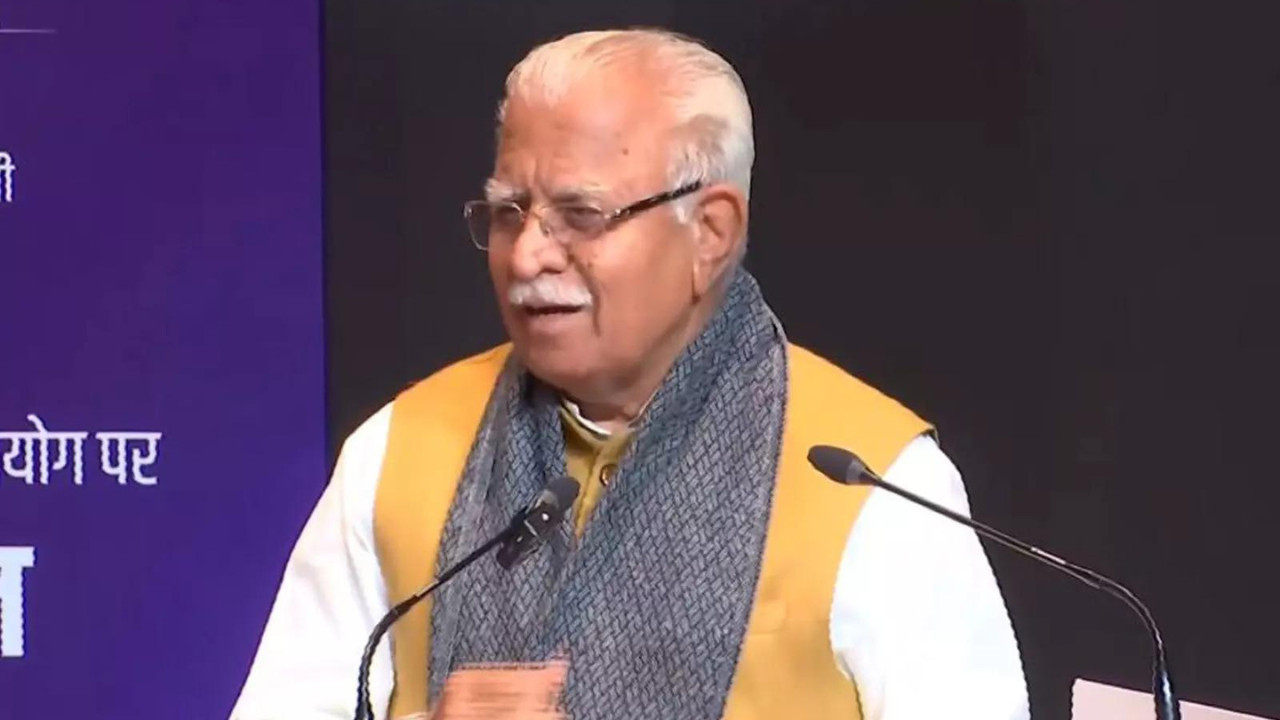Jammu & Kashmir is set to witness its first-ever auction of seven limestone blocks on Monday, a significant step under new mining reforms. These deposits, spanning over 314 hectares, are crucial for cement and construction industries. The transparent, technology-driven process aims to boost employment, industrial growth, and local revenue, contributing to J&K’s economic development and the Viksit Bharat 2047 vision.
Unearthing Opportunity: Jammu & Kashmir Set to Auction Limestone Blocks
Imagine a landscape rich not just in breathtaking vistas but also teeming with valuable resources, ready to fuel India’s industrial engine. That’s the picture emerging from Jammu & Kashmir, which is gearing up for its first-ever auction of seven limestone blocks, a move poised to inject fresh momentum into the region’s economy and the nation’s broader infrastructure development.
For years, the mineral wealth of J&K has remained largely untapped. Now, driven by the central government’s invocation of the Mines and Minerals (Development and Regulation) Act, 1957 (MMDR Act), the region is streamlining the process, cutting through red tape to fast-track resource allocation. This proactive approach is crucial for meeting the growing demand for raw materials, particularly limestone, a cornerstone of industries ranging from cement and steel to chemical manufacturing.
Why Limestone Matters for India’s Growth
Limestone isn’t just another rock; it’s a foundational element in countless construction and manufacturing processes. Think of the towering skyscrapers reshaping city skylines, the robust bridges connecting communities, and even the everyday products we rely on. Limestone is likely a key component, underpinning it all. The upcoming auction represents a significant opportunity to strengthen domestic supply chains, reducing reliance on imports and bolstering India’s self-sufficiency in essential raw materials.

Jammu & Kashmir’s Mining Potential: A New Chapter
The decision to auction these seven limestone blocks marks a turning point for Jammu & Kashmir. It signals a commitment to harnessing the region’s natural resources in a responsible and sustainable manner. This initiative will not only attract significant investment but also create new avenues for employment and economic growth within the local communities. The strategic importance of this move is amplified by the rising demand for cement and other limestone-derived products, fueled by India’s ambitious infrastructure projects and booming real estate sector.
The MMDR Act invocation plays a vital role in expediting the auction process. This intervention allows for a more streamlined allocation of resources, ensuring transparency and efficiency. The central government’s involvement demonstrates a clear commitment to unlocking the region’s potential and integrating it more fully into the national economy.
The Impact Beyond J&K: A Ripple Effect
The benefits of this limestone auction extend far beyond the borders of Jammu & Kashmir. A reliable and affordable supply of limestone will have a positive impact on industries across the country. Reduced input costs for cement manufacturers, for example, could lead to more competitive pricing and stimulate growth in the construction sector. Similarly, the availability of high-quality limestone can enhance the competitiveness of Indian steel producers in the global market.
This initiative aligns perfectly with the government’s “Make in India” campaign, promoting domestic manufacturing and reducing dependence on imports. By encouraging investment in the mining sector, the auction contributes to the creation of a more resilient and self-reliant Indian economy.
Sustainable Mining: Balancing Growth and Responsibility
While the economic benefits of mining are undeniable, it’s crucial to emphasize the importance of sustainable practices. Responsible mining involves minimizing environmental impact, protecting biodiversity, and ensuring the well-being of local communities. The government has a vital role to play in enforcing stringent environmental regulations and promoting best practices in the mining industry. This includes proper waste management, rehabilitation of mined areas, and engagement with local stakeholders to address any concerns.
Investing in related infrastructure, such as improved transportation networks, is also essential to facilitate the efficient movement of mined materials and reduce logistical bottlenecks. This holistic approach ensures that the economic benefits of mining are realized without compromising the environment or the interests of local communities. To learn more about India’s economic growth, see our piece on the semiconductor industry.
The auction of these limestone blocks in Jammu & Kashmir represents a significant step towards unlocking the region’s potential and bolstering India’s economic growth. By embracing sustainable practices and promoting responsible mining, the government can ensure that this initiative benefits not only the economy but also the environment and the local communities. The coming months will be crucial in observing the success of the auctions and the long-term impact on the region’s development. This is a story of opportunity, sustainability, and a brighter future for Jammu & Kashmir.







